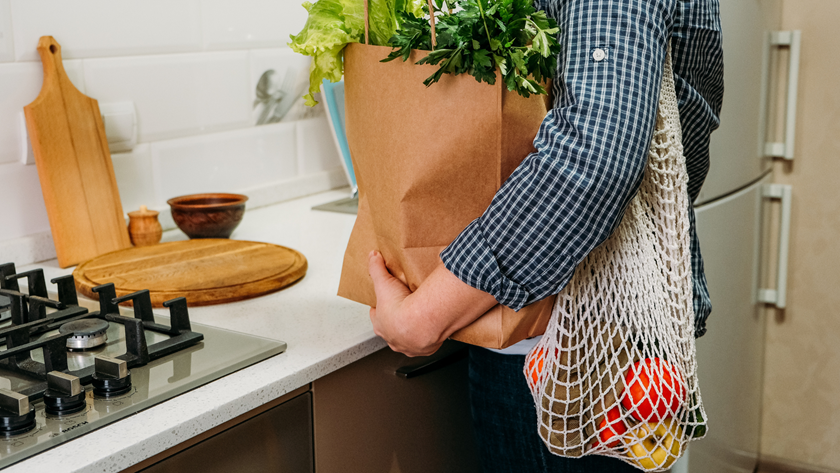
Buy Local and Seasonal
Buying fruit and veg that are in season is more often than not, more affordable and better for the environment. When produce is grown out of season it takes more resources, money and lacks the taste and nutritional value compared to when it naturally grows in season.
To make sure you’re purchasing the freshest local and seasonal produce, support small grocers like the Warralily Fresh Fruit Market and ask them what seasonal produce they have in stock.
Warralily Fresh Fruit Market on Facebook
Cut Your Beef and Dairy Consumption
Maybe you’re not into the idea of going full Veggo. However, we challenge you to at least take part in ‘Meat Free Monday’. Scientists suggest that even going one day without eating meat can make a big difference to carbon emissions. To put it into perspective; for every gram of beef that is produced, 221 grams of carbon dioxide is emitted. Not only will you be saving money, but you’ll be contributing to a brighter future.
Cut out Single-Use Plastic
One of the most simple ways to make your home more sustainable is to stop relying on single use plastics. Some switches you can make are:
Sustainable beauty is about making sure everything from sourcing, manufacturing, packaging and selling is making the tiniest impact possible on our planet. But how do you know what products are truly ‘green’ and which are just ‘green washing’.
The Urban List has us covered.
Convert your home to LED Light
While traditional light bulbs use heat to generate light, LEDs require much less wattage to produce a high lumen output and can turn around 70% of the energy from the electric current into light rather than heat. This means they are able to operate at a much lower temperature and so are a more sustainable choice.